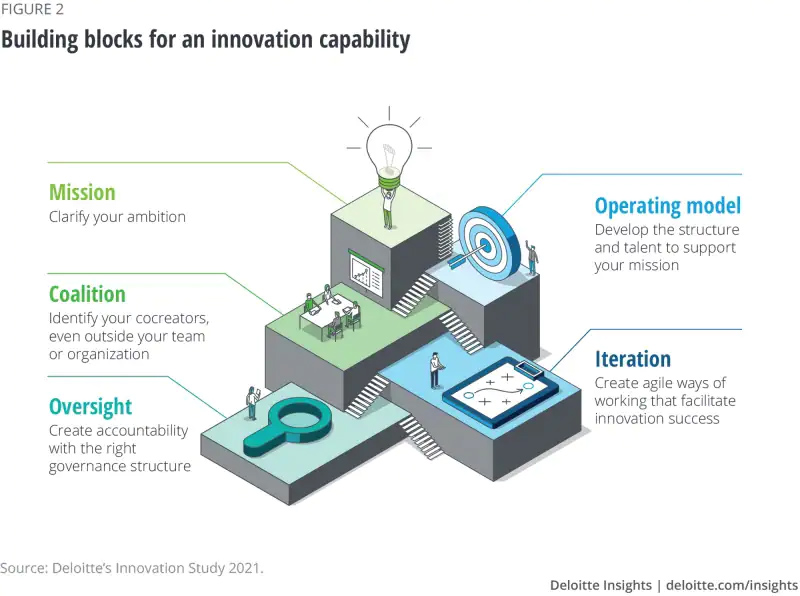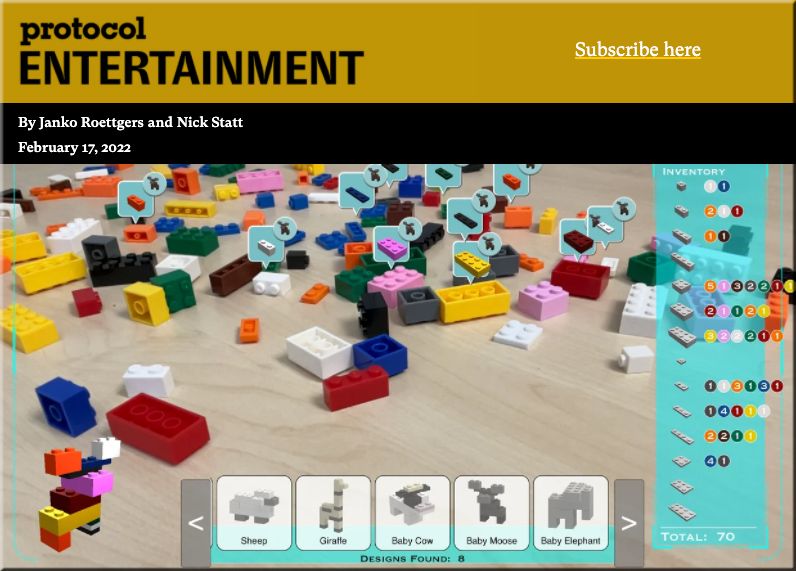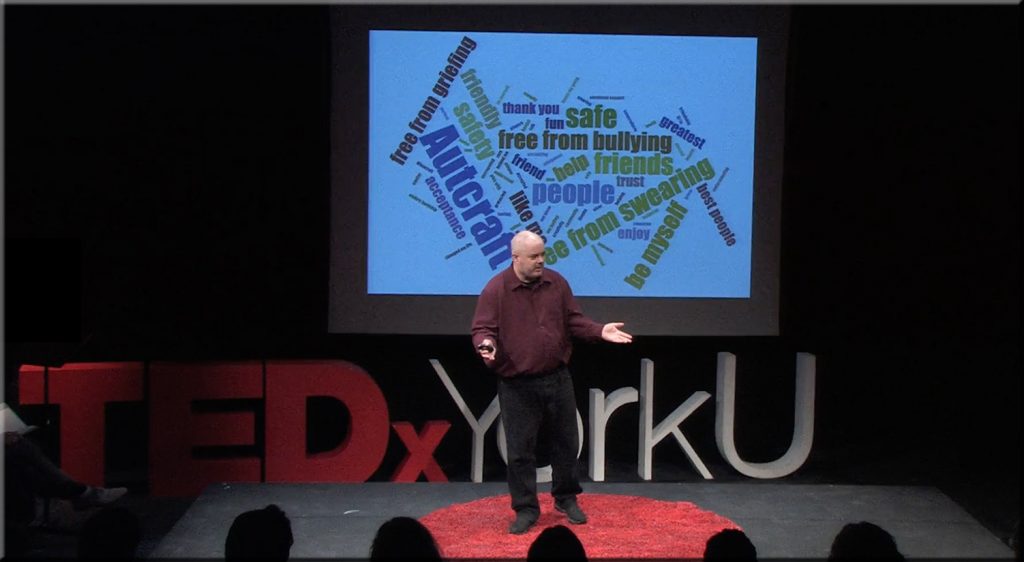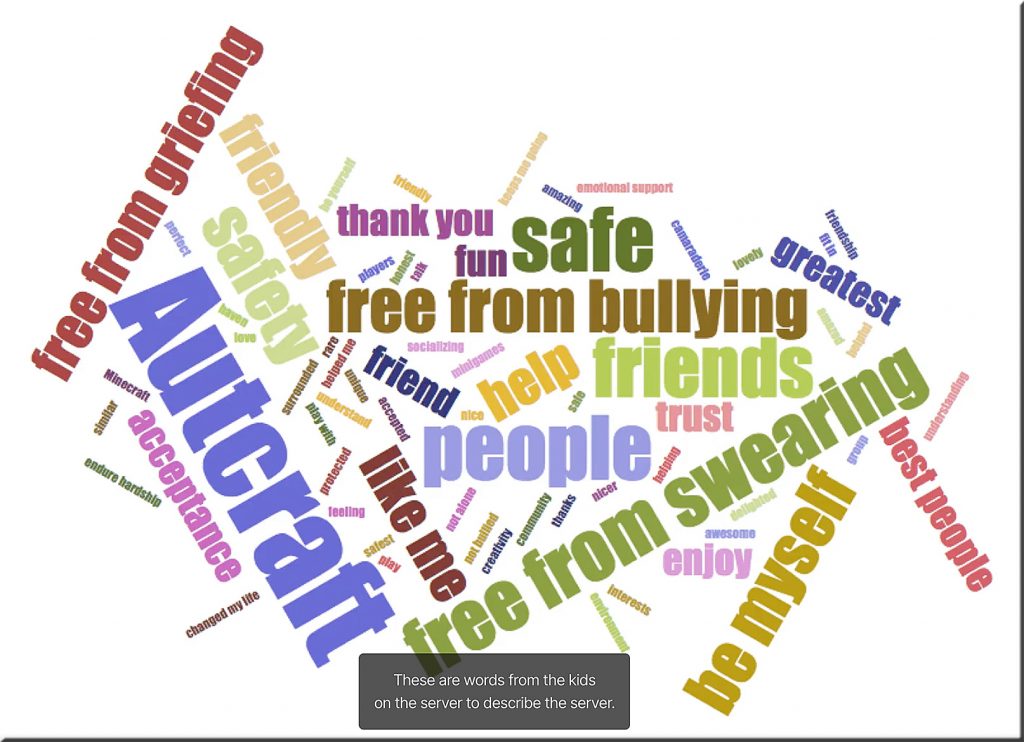A new hybrid learning methodology — from chieflearningofficer.com by Robert O. Brinkerhoff, Edward L. Boon
The proliferation of digital learning transfer platforms offers the opportunity for a new and impact-enhancing hybrid: learning programs that are at the same time standardized and personalized.
Excerpt:
Such a program in the context of our example of the global manufacturing company training its shop floor managers might have the following elements, all created with the expertise of a centralized corporate L&D function:
- Classroom-style presentations on video with breakout room discussion options embedded for local facilitation.
- Facilitator’s guides (translated into local languages) for leading the classroom breakouts.
- Coaching tools and resources for managers to conduct one-on-ones.
- A library of brief videos of good (and bad) examples of managers interacting with direct reports with second-language subtitles.
- Guidelines for facilitating periodic virtual check-in meetings (schedules weekly, bi-weekly, etc. to be decided locally).
- Assignments, with associated resources, for learners to complete by requesting coaching sessions with their manager.
We propose that the proliferation of digital learning transfer platforms (also known as learning experience platforms or LXPs) offers the opportunity for a new and impact-enhancing hybrid: Learning programs that are at the same time standardized and personalized.
Along the lines of corporate training / Learning & Development (L&D), see:
- Workplace Learning Insights from Experts — from upsidelearning.com















